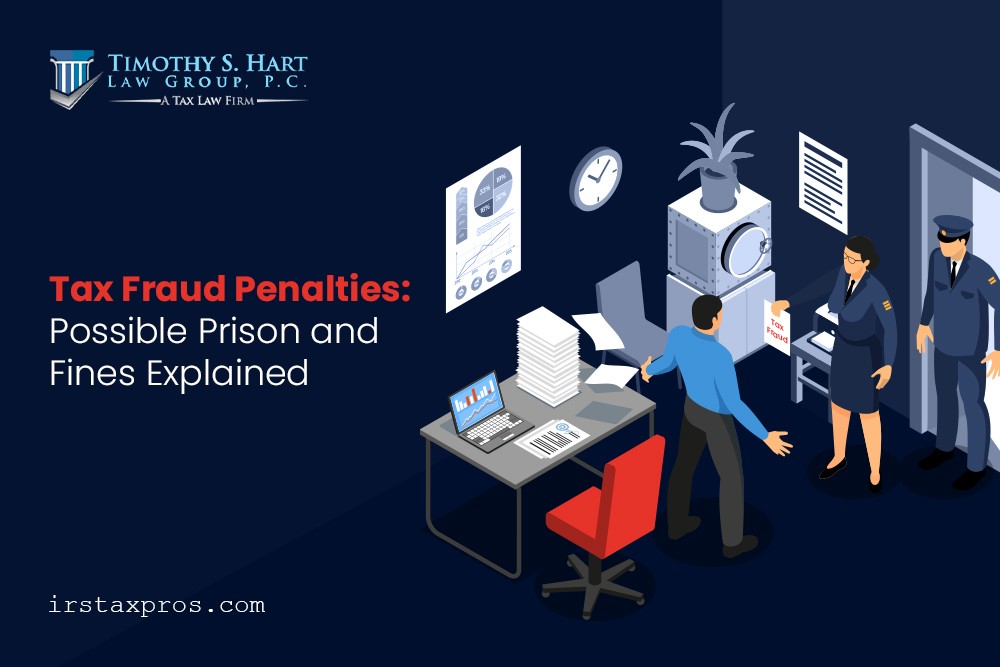
New York Tax Evasion Attorney: Get Legal Representation Now
13 May, 2025 | Tax Fraud
New York Tax Evasion Attorney for Federal IRS Charges If your tax account gets referred to the IRS Criminal Investigation (CI) Unit, then you’re in a precarious position. Statistics from 2023 showed that the IRS’s CI team investigated around 2,676 cases and obtained an astonishing... CONTINUE READING








